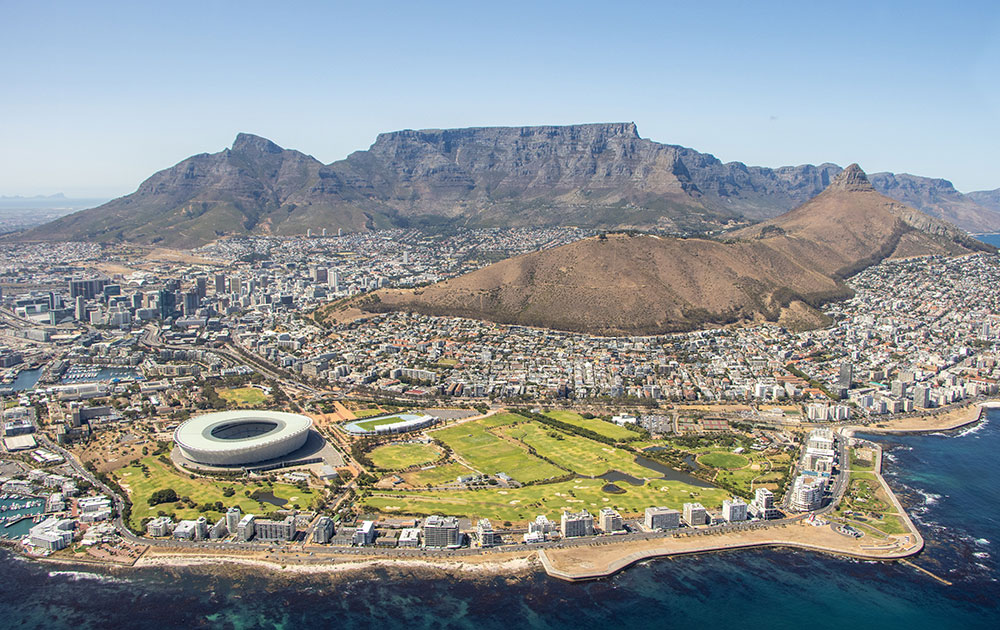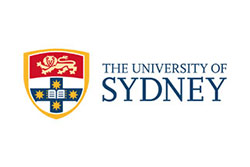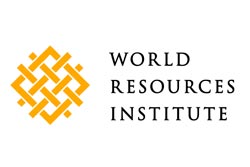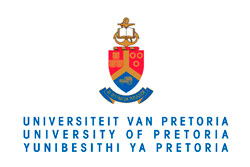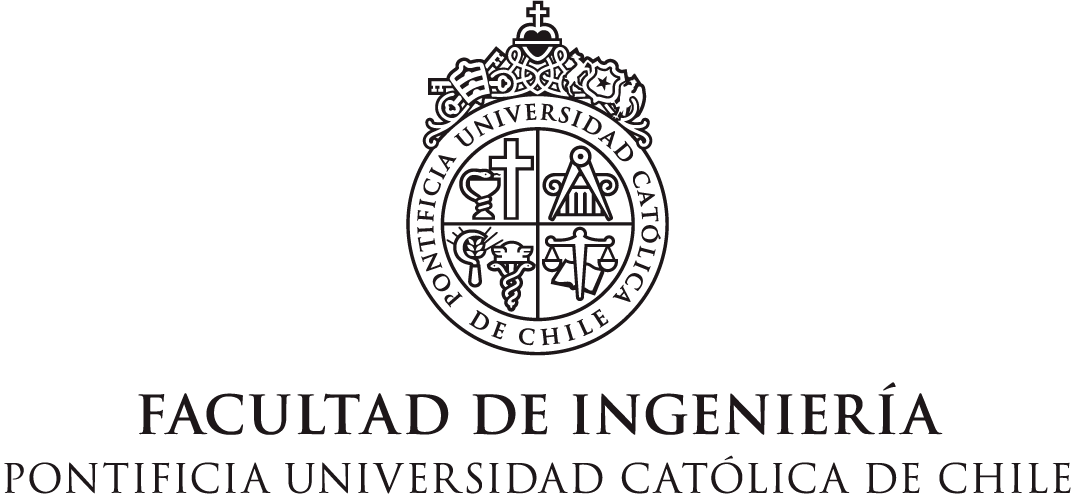
Opinion Pieces: since 2007, Prof. David Hensher has written an opinion column in the Australasian Bus and Coach magazine, where he monthly discusses a lot of different transport-related hot topics. In this section we are revisiting these columns.
Photo: rtd-fastracks.com
May 2012
I recently undertook a comparison of the operating costs of the railways in Sydney vs. the buses (private and public) in Sydney. If we ignore the operating subsidy to rail (which seems to be equivalent to about 42 percent of the operating cost (2.39 billion operating costs and 1.64 billion subsidy), it appears that a train costs about 14 times more to operate per service kilometre than a bus. This is an interesting statistic.
One particularly interesting feature of this statistic is that if the trains carry at least 14 times more passengers per service km than the buses, then we might reasonably declare that the operating cost efficiency of trains is at least as, if not superior to, that of the buses. This does not account for the fact that bus capacity, is not restricted by rails- they can pass each other.
In the Greater Metropolitan Area of Sydney context it is sadly not the case for the trains. Published figures indicate that buses have13 percent more passenger trips than rail. The conclusion is that on average, trains are close to 16 times more cost inefficient in respect of operating costs per passenger trip per service kilometre than buses. This is a staggeringly different sum and raises some serious questions about value for money in investing in rail vs. bus. Presumably there are many other benefits of rail that can compensate for this huge gap in cost efficiency?
One does wonder however whether these other benefits can narrow the factor of 16 by that amount.
Food for thought.


